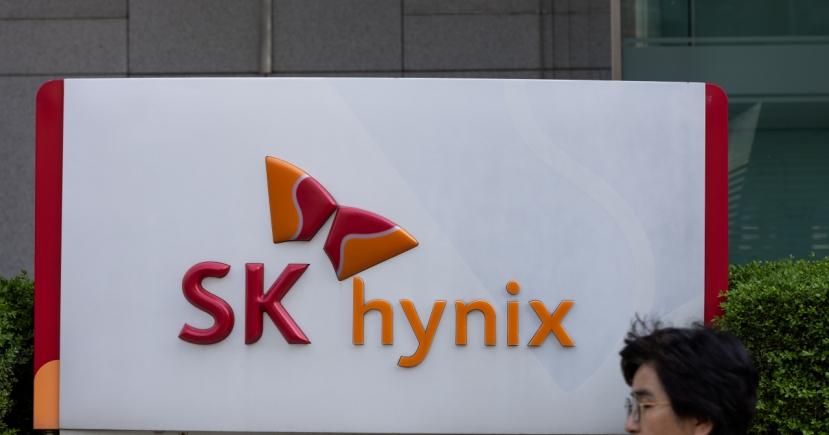Bio
Drugmakers feeling pinch from doctors’ walkout
 |
An emergency medical center at a hospital located in Seoul, Tuesday (Yonhap) |
The ongoing tug-of-war between the South Korean government and medical professionals over the proposed increase in the number of medical students could have negative impacts on local drug companies’ revenues as well, industry sources said Tuesday.
According to officials from local pharmaceutical companies, the ongoing walkout of local doctors is causing a short-term decrease in the overall use of drugs and medical supplies at local hospitals where surgeries are being postponed and appointments are canceled due to a shortage of doctors who can manage them.
“Although it is difficult to gauge how much the ongoing walkout will impact the company’s revenue at the moment, it is clear that the walkout will have a negative influence on drug companies’ sales, especially should it be prolonged further,” an official from one of the top drug companies here said on condition of anonymity.
According to several sources, drug companies are noticing decreases in use of antibiotics, intravenous fluids and injections used in medical operations, mainly as large hospitals have cut their surgeries by more than a third.
“Usage of medical supplies, particularly those used in surgeries, is decreasing as large hospitals cannot operate surgeries as much as they used to,” another official from a local drug company said.
As large hospitals do not have enough doctors to hold appointments with patients, their drug prescriptions are expected to drop later on down the road, which could potentially damage drug sales to local hospitals.
Some companies added that their plans for clinical studies might also have to be adjusted, as there may not be enough patients or doctors for their clinical studies.
Meanwhile, drug companies in general expressed concerns about revealing their opinions on the ongoing strike or discussing revenue issues, largely as suspicions were previously raised that sales employees from pharmaceutical companies had been mobilized at recent doctors’ protests.
“We only hope that the dispute between the government and doctors ends soon before its damage to pharmaceutical companies and patients grows bigger,” said a marketing official at one of the leading pharmaceutical companies.
South Korean doctors’ walkout has entered its fourth week. In February, the government proposed admitting more students to medical schools to address a shortage of physicians in the country. After the government’s decision was announced, thousands of trainee doctors walked off their jobs, causing disruptions at the largest hospitals.
The government said Monday that it has confirmed 350 delayed surgery cases since the walkout. Following the claims of delayed surgery were 88 cases of canceled appointments, 48 cases of medical treatment refusal and 23 cases of delayed hospitalization.
By Shim Woo-hyun (ws@heraldcorp.com)
The Korea Herald








